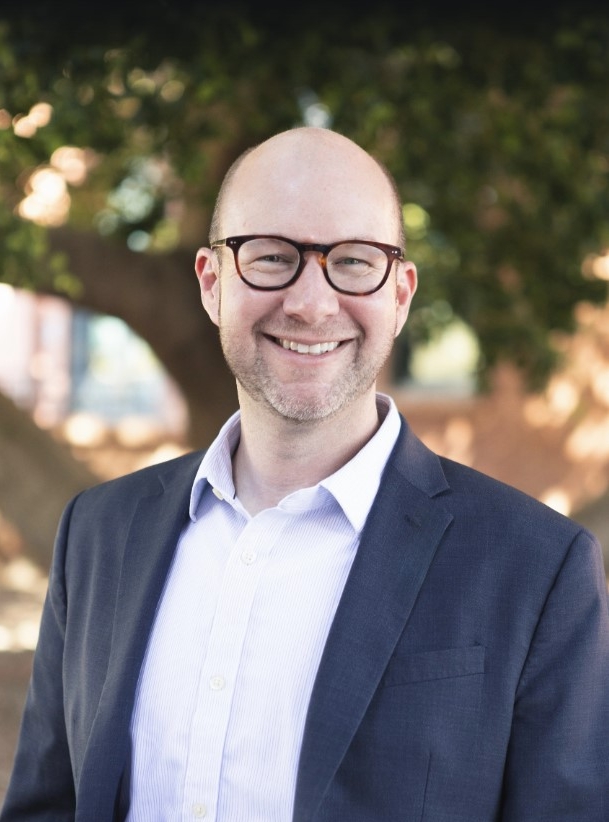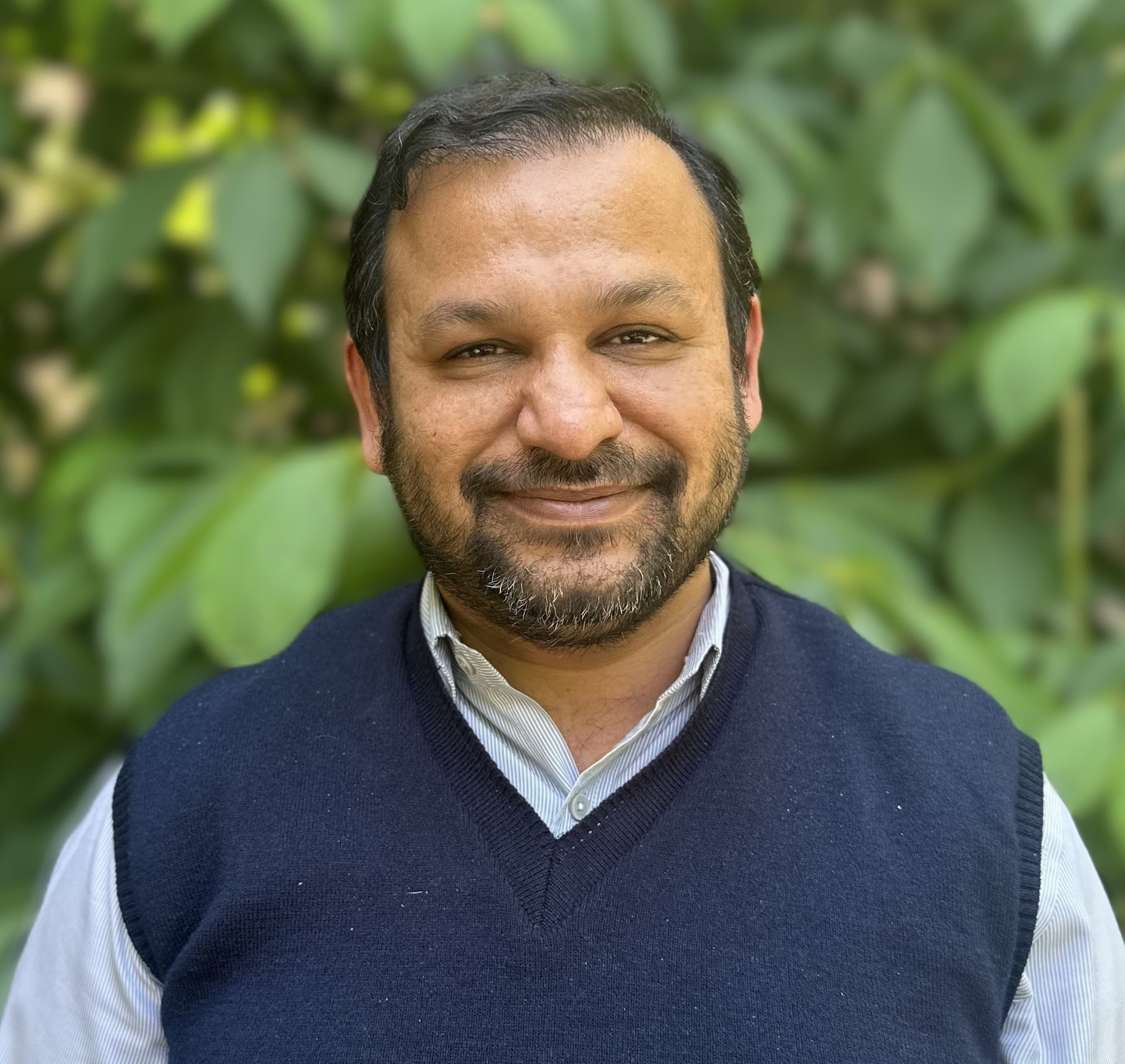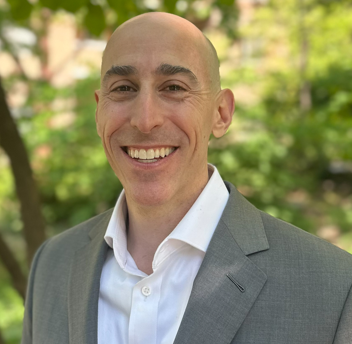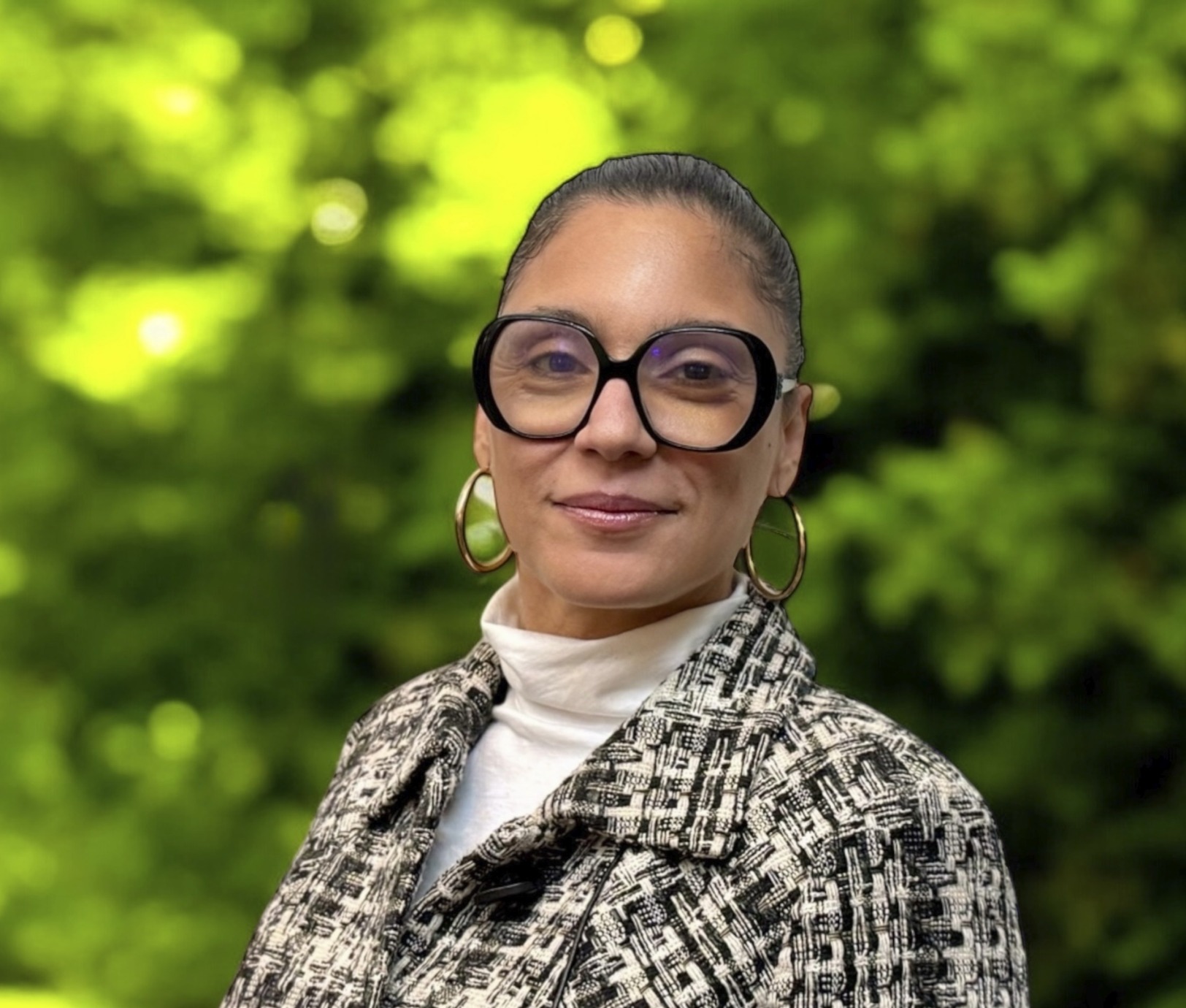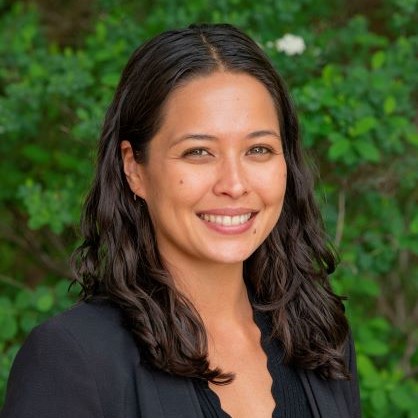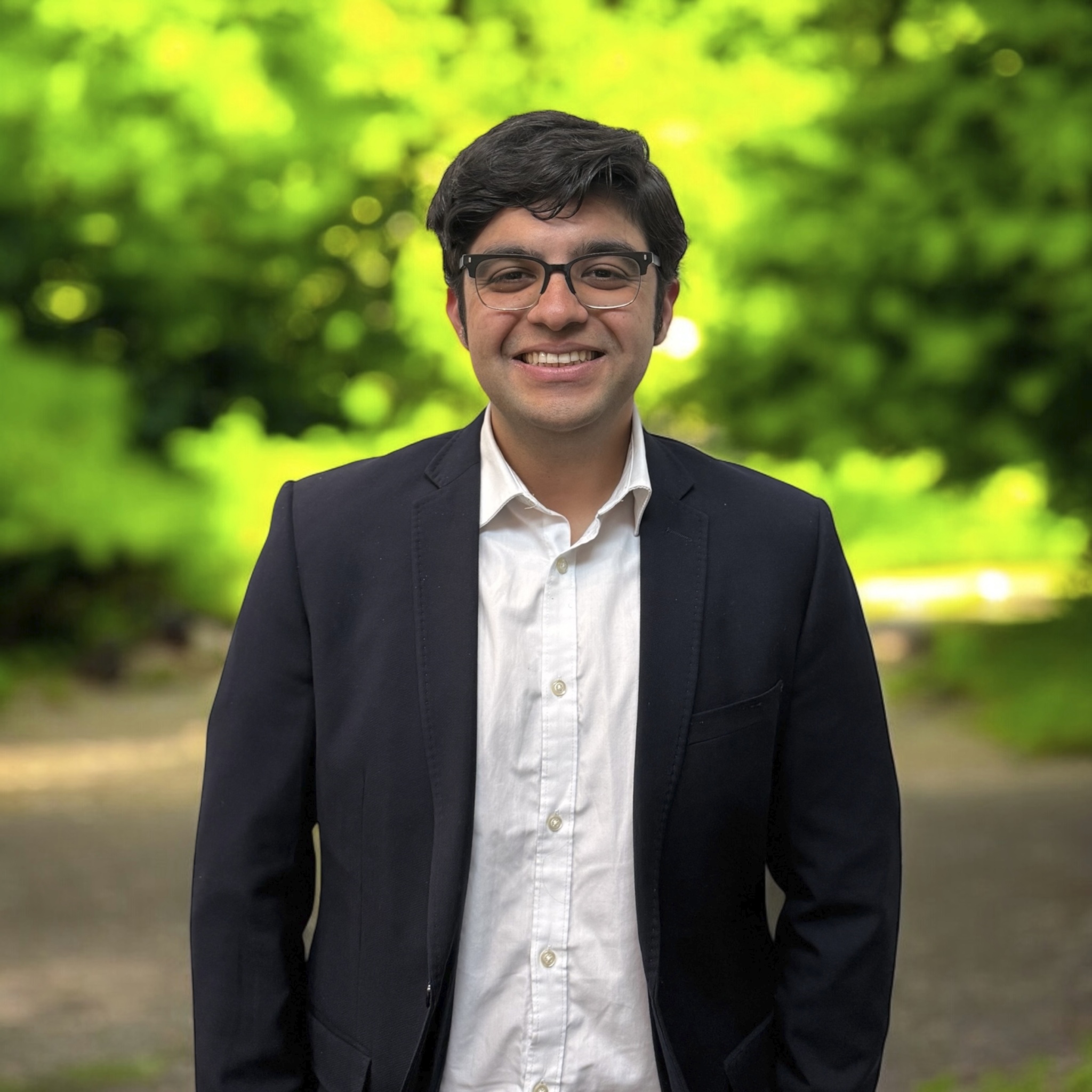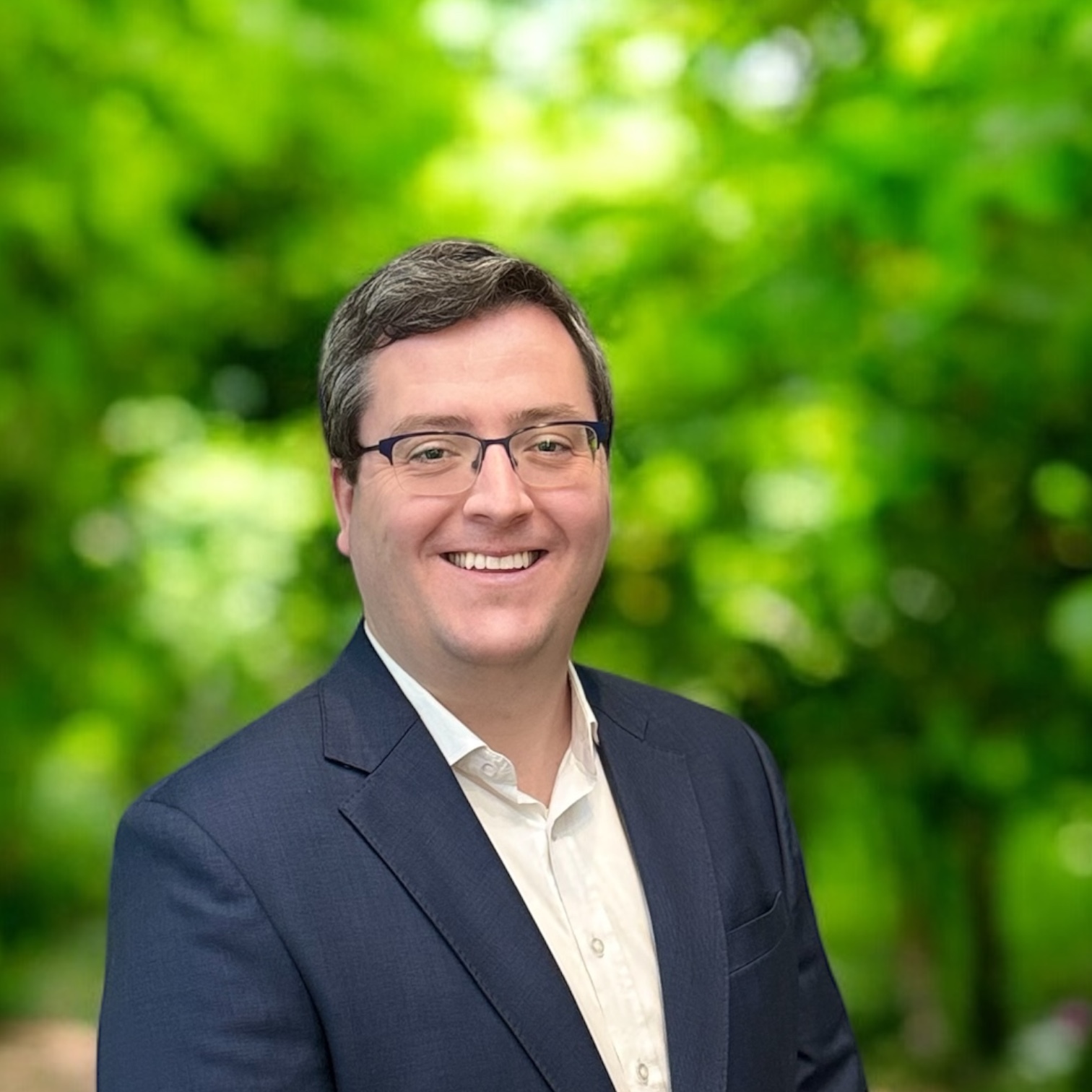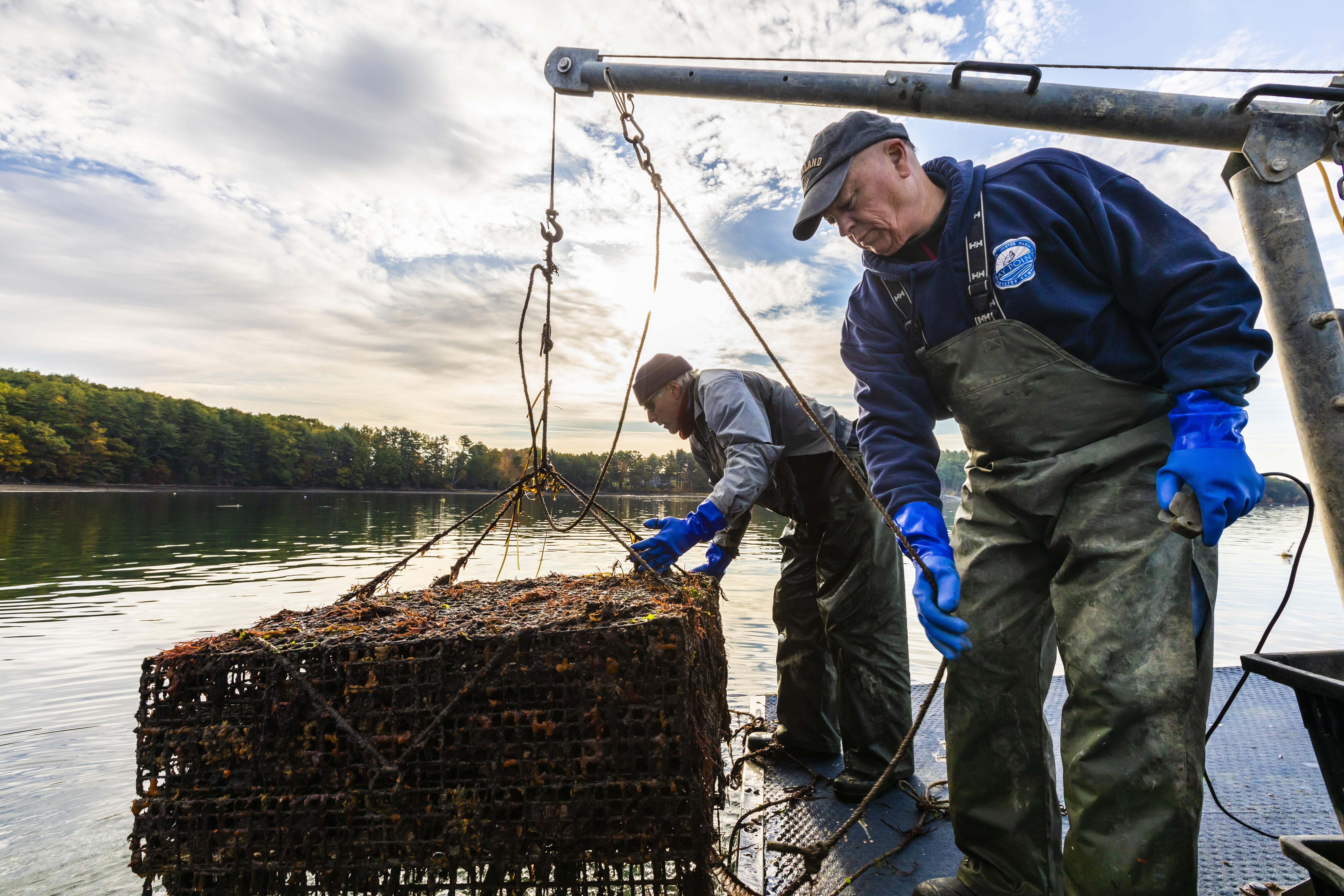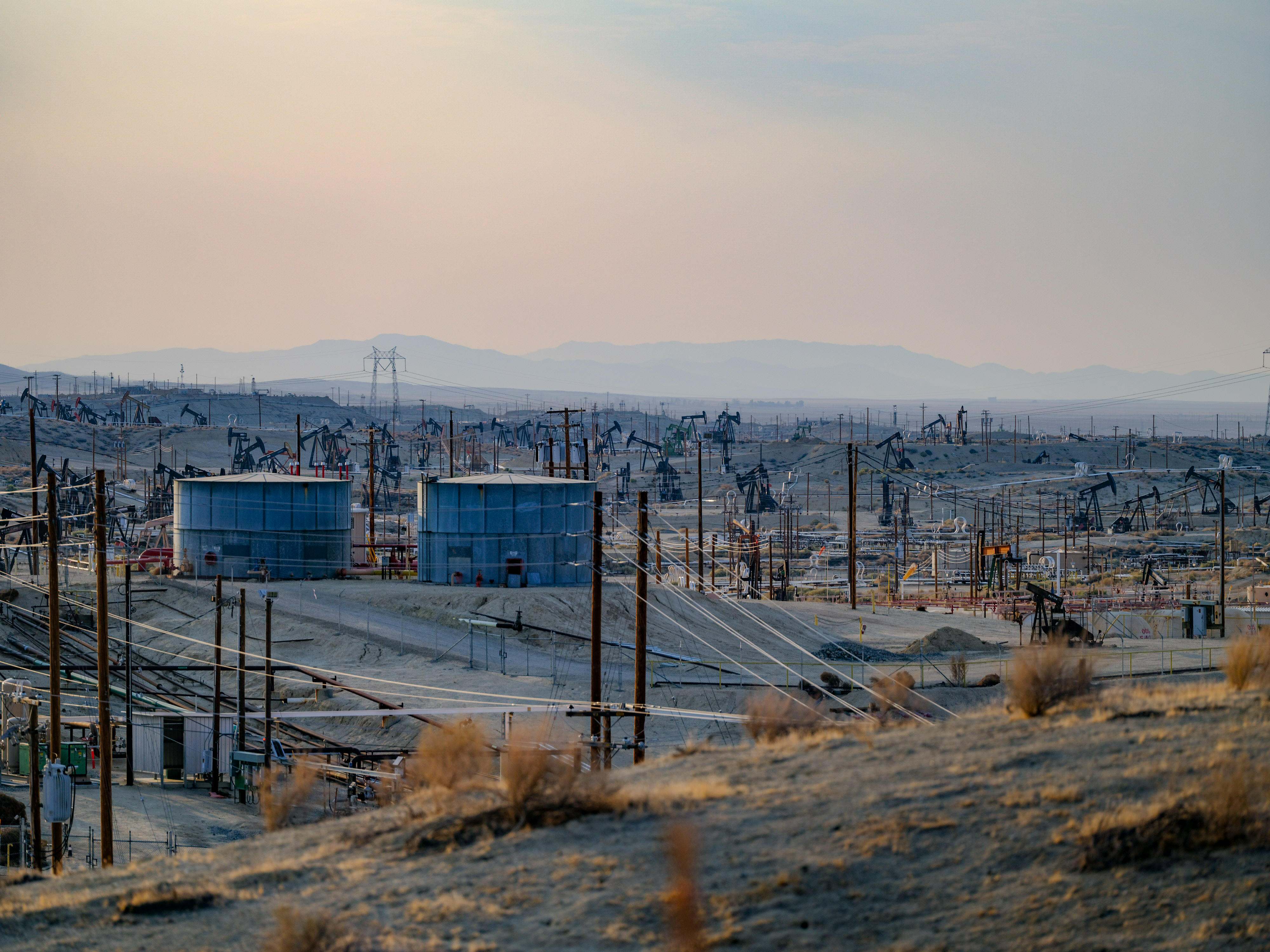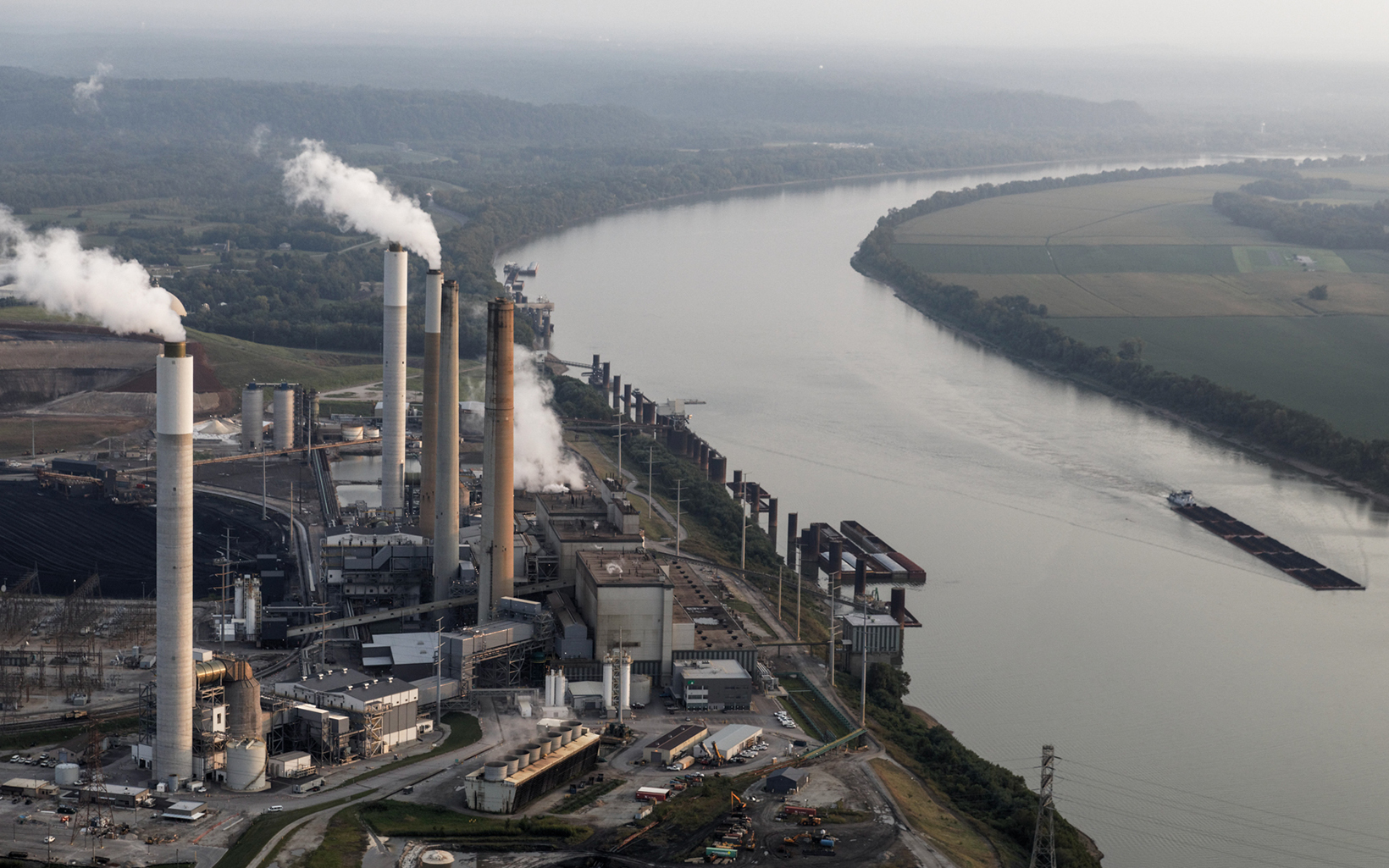Office of Investments
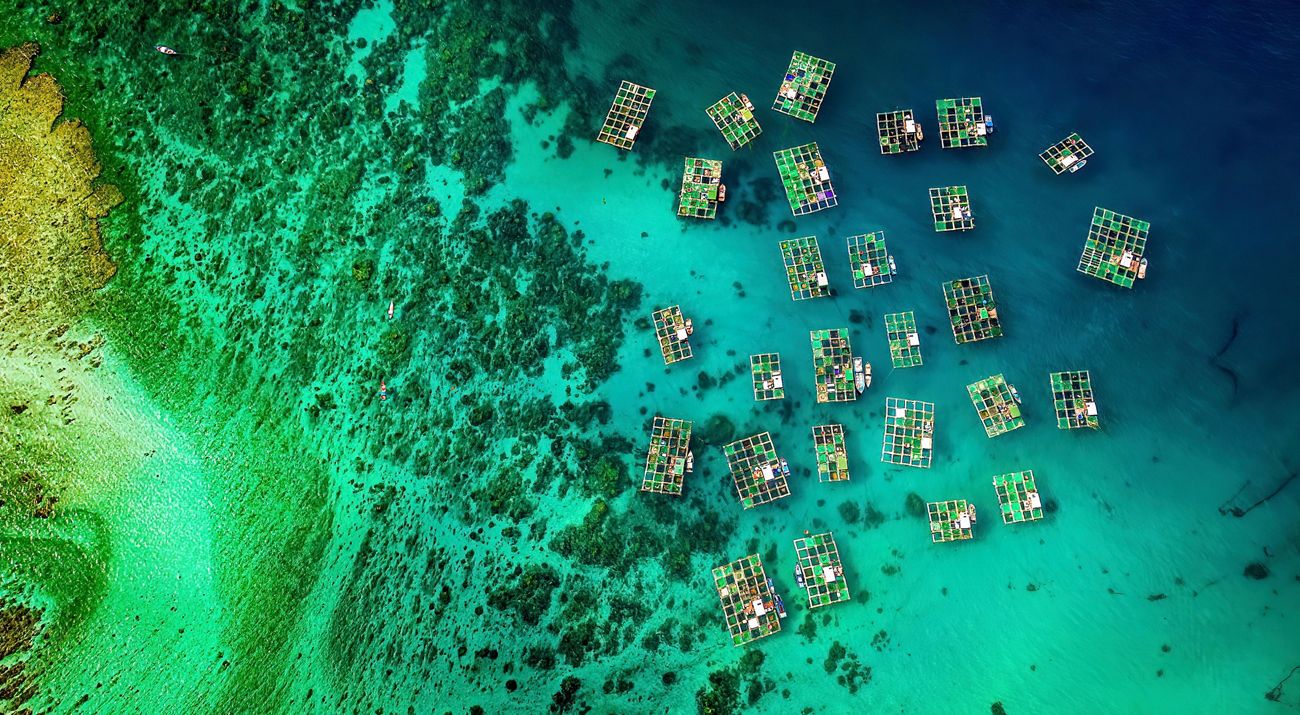
A partner-of-choice to the most outstanding global investors, and a partner-in-arms with all constituents fighting for conservation.
The Nature Conservancy has total assets of $9B of which the Office of Investments is responsible for managing approximately $4B, comprised of endowment and other long-term investments. These funds support TNC’s global operations and most pressing conservation projects.
TNC focuses its efforts on conservation of the lands and waters on which all life depends through scientific exploration, policy engagement, positive collaboration with the private sector and fostering innovation. This work enables large scale conservation, catalytic science and impactful programs and investments across the enterprise, which are supported by the capital invested in the Long-Term Portfolio. TNC’s Long-Term Portfolio is comprised of long-term capital pools, donor advised funds and endowment assets.
The Office of Investments’ mission is to support the funding of TNC’s global conservation priorities by increasing the organization’s purchasing power through prudent and sustainable investment management.
-
$4B
Total Long-Term Portfolio Assets
-
15
Investment and Operations Professionals
-
5%
Annual Payout
-
20%
Support towards TNC's Annual Operating Budget
Our History
Prudent management of TNC’s long-term assets has allowed the organization to deliver on its conservation mission.
As TNC and its long-term assets have grown, so has the approach to asset management. What began as a sole Director of Investments responsible for long-term investment management, evolved to include external partnerships with Outsourced Chief Investment Officer firms, who assisted with portfolio and asset manager oversight. With this also came forays into investing in new asset classes and investment models and the portfolio’s first impact investing carve out was established in 2017.
Today, TNC’s endowment and long-term investment pools are managed solely by the Chief Investment Officer and internal Office of Investments (“OOI”) team. The OOI is comprised of investment and operations professionals responsible for taking a strategic approach to preserve and grow the Long-Term Portfolio.
About Us
The OOI team is comprised of 15 individuals who specialize in both investment strategy and operational expertise. The Chief Investment Officer provides leadership, vision and oversight to the management and strategic growth of the portfolio.
With oversight from the Global Board Investment Committee, the OOI is responsible for managing TNC's endowment and other long-term investment assets through investment and operational due diligence, implementation of strategic plans and day-to-day monitoring of the portfolio.
WATCH: TNC Office of Investments
Gain further insights into the OOI’s approach to endowment management.
Office of Investments Team
Click the headshots for more information about each team member.
Investment Committee
-
John Bernstein
TNC Global Board Member, Investment Committee Chairman
Partner, Generation Investment Management
View Biography
-
James Attwood
TNC Global Board Member
Senior Advisor, The Carlyle Group
View Biography
-
Harry Hagey
TNC Global Board Member
Former Chairman and CEO, Dodge & Cox
View Biography
-
Fred Hu
TNC Global Board Member
Founder, Chairman and CEO, Primavera Capital Group
View Biography
-
Kevin Weil
TNC Global Board Member
Chief Product Officer, OpenAI
View Biography
-
Tanya Barnes
Investment Committee Advisory Member
Managing Partner, JPMorgan Asset Management
View Biography
-
Barry Eggers
Investment Committee Advisory Member
Founding Partner, Lightspeed Venture Partners
View Biography
-
Leonie Foong
Investment Committee Advisory Member
Partner & Investment Committee Member, Overlook Investments
View Biography
-
Joe Gleberman
Investment Committee Advisory Member
CEO, The Pritzker Organization
View Biography
-
Sandra Robertson
Investment Committee Advisory Member
CIO and CEO, Oxford University Endowment Management
View Biography
Legal Team
-
Lauren Boccardi
Senior Attorney
-
Ben Allen
Senior Attorney
View Biography
Global Science and Corporate Engagement Advisors
-
Joe Fargione
Lead Scientist, North America
View Biography
Three-Year Analyst Program
Our three-year investment analyst program prepares future leaders through exposure to private investments, public investments and co-investments.
The investment analysts serve as an integral part of the team, assisting across Domestic Equities, Global Equities, International Developed Equities and Emerging Market Equities, Fixed Income, Cash and Cash Equivalents, Hedged Strategies, Private Equity, Real Assets and Direct investment efforts.
After three years in the program, analysts have numerous career avenues including business school, continuing their careers in asset management or transitioning to buy-side investment firms.
How We Invest
We seek to partner with world-class investment managers to invest on TNC’s behalf. We embrace alternative investments for their diversification and return-enhancing characteristics, and we believe in the merit of active management.
-

Investment Approach
We take the long-term view of investing. This allows us to think independently during market cycles and maintain a disciplined focus on long-term growth. We bring a similar mindset to our investment partnerships.
-
Partners
Through investment manager assessment and selection, we aim to partner with investment managers seeking outsized returns with a long-term horizon. Each of our partners is assessed through our “8Ps” framework.
-
Performance
To evaluate performance, the Long-Term Portfolio is assessed relative to the Policy Benchmark, which incorporates the static weights of the Policy Asset Allocation Targets and the returns of relevant benchmarks.
“8Ps” Framework
Click the images for more information.

ESG & Sustainable Investing
Approach to Sustainable Investing: We believe strongly that sustainable business practices can yield attractive financial returns as well as positive externalities for stakeholders and the environment. The Long-Term Portfolio’s #1 goal has two parts, 1.A: strong financial returns and 1.B: strong mission alignment. We carefully integrate such considerations into our investment process and strive to employ managers who use ESG criteria to inform investment decisions.
Sustainable Investing Framework: The Office of Investments (“OOI”) excludes certain investment opportunities from the investment portfolio when deemed inconsistent with TNC’s mission, and proactively pursues high-quality investments with positive environmental benefits.
In TNC’s liquid portfolio at-large, the OOI has created restrictions that exclude companies or sectors that don’t meet our ESG criteria: Extractive Activities, GHG Emissions, Natural Resource Use and Future Emissions.
In TNC’s private investment portfolio, the OOI intentionally invests in funds with strong ESG/impact strategies. The private investment portfolio has a strong emphasis on climate technology and other strategies that focus on climate solutions.
Co-Investments: TNC’s co-investment program focuses on mission-aligned companies that are catalyzing direct sustainability innovation and furthering TNC’s 2030 climate and biodiversity goals.
TNC’s Customized Restrictions
Click on each image below to learn about these restrictions.
Partner with Us
Join us in growing TNC’s long-term capital, and fund conservation projects globally! If you are interested in partnering with the Office of Investments, please contact us using the links below.

Contact Us
Send Office of Investments inquires to: Investments@tnc.org
FAQ
-
The day-to-day oversight of the endowment lies with the Office of Investments, led by TNC’s Chief Investment Officer. The team also provides oversight for other related pools of investments, including Planned Giving Assets, global retirement plans, Blue Bonds, Panama Trust and the Australian endowment.
-
The Office of Investments manages approximately $4B, comprised of endowment and other long-term investments. The purpose of these funds is to support TNC’s global operations and most pressing conservation projects. Whereas NatureVest, TNC’s in-house impact investing team, sources proprietary deals and works with external parties to assist with conservation and biodiversity on such deals and projects.
-
The management of the endowment is governed by the Investment Policy Statement (IPS). The IPS contains the investment guidelines, roles and responsibilities. TNC's Global Board of Directors approves the IPS based on recommendations from Investment Committee members, which is implemented by TNC’s Office of Investments.
-
While some institutions have a mechanical requirement to rebalance to policy targets at a given frequency (typically quarterly), TNC’s requirement is to remain within the policy ranges. This is what triggers automatic rebalancing, and there’s a 90-day window to ensure portfolio alignment with the ranges.
-
Day-to-day oversight of short-term cash is handled by TNC’s Treasury team, a distinct team from the Office of Investments.
-
The current spending policy is 5.25% over a rolling 36-month window.
